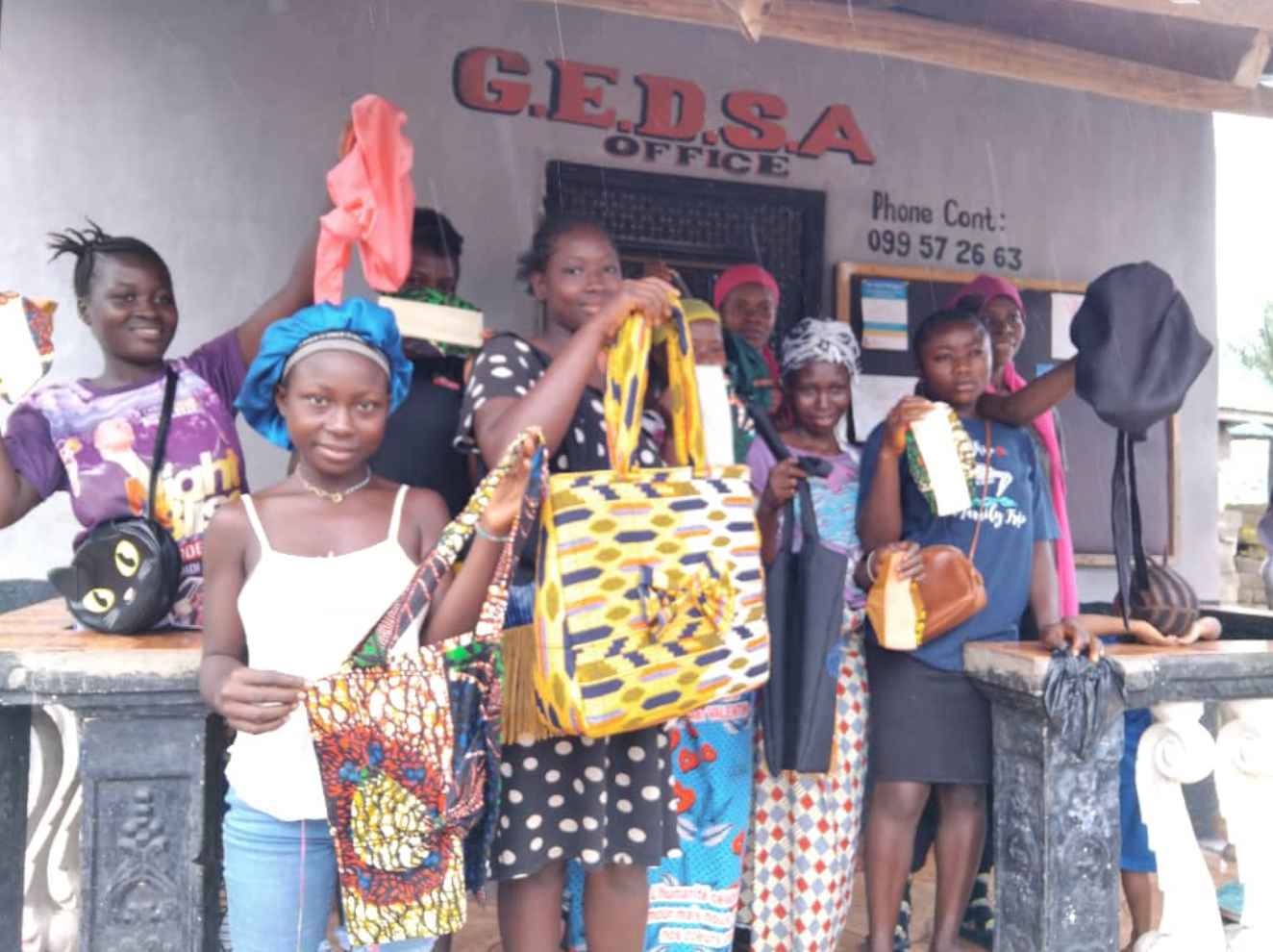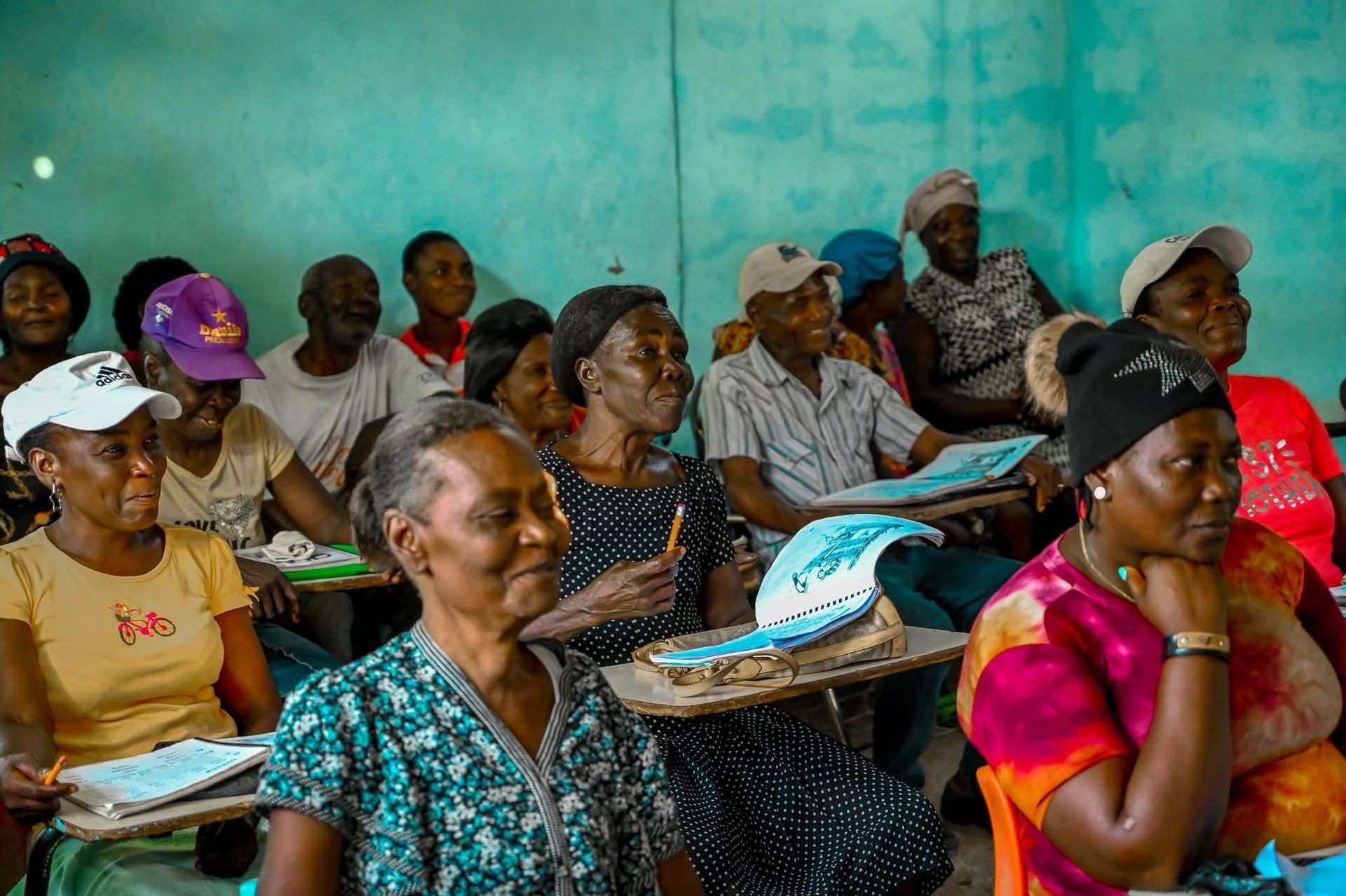"How wonderful it is that nobody need wait a single moment before starting to improve the world"
“How wonderful it is that nobody need wait a single moment before starting to improve the world,” wrote a young Anne Frank, at just 14 years old, during one of the darkest periods in modern history. Her words, penned during war, persecution and loss, continue to resonate today, reminding us that even in times of despair, we possess the power to bring about change—both within ourselves and the world around us.
As I reflect on the state of the world today, Anne’s message of hope and determination feels more urgent than ever. It is a call to action, a reminder that no matter the challenges, the possibility for change is always within reach. But what does this have to do with the right to education? In my view—everything.
Since it was founded in 2009 to honour Steve Sinnott’s legacy and lifetime of commitment to education for all, The Steve Sinnott Foundation has remained steadfast in its mission to advocate for the right to education for every child, everywhere. Through diverse global initiatives, the Foundation has provided access to quality learning in myriad forms. But at its heart lies a powerful belief: education is much more than simply acquiring literacy and numeracy. It is a lifelong process that fosters creativity, critical thinking, and a deep commitment to justice and equality. No child should ever be denied that opportunity.
Over the past two decades, significant progress has been made towards expanding access to education. The Millennium Development Goals (MDGs) and their successor, the Sustainable Development Goals (SDGs), have focused on increasing global enrolment and completion rates in primary and secondary education. Encouragingly, data shows these indicators are improving, signaling a positive trend. Numerous innovative initiatives are breaking down barriers to education, and it’s increasingly recognised that achieving one development goal cannot be done in isolation from others.
In my work in the field of reproductive health and rights, the interconnectedness of these challenges is evident. In Sub Saharan Africa, for example, a lack of access to contraception remains a major barrier to girls’ education. Each year, around 4 million girls drop out of school due to pregnancy. Without reproductive health services, many young women are forced to leave the classroom, setting off a cycle of lost opportunities that impacts not only their futures but also those of their communities.
Inadequate access to safe and clean sanitation facilities, including menstrual hygiene resources, means girls often miss school regularly. Global crises such as climate change and conflict have displaced millions of children, further disrupting their access to consistent education. The scope of these challenges is vast, but so are the efforts to address them. A growing number of inspirational individuals, organisations, and governments are coming together, recognising that complex problems cannot be solved in isolation. Education, health, gender equality, and access to technology are deeply intertwined, and collaborative solutions are needed, ones that reflect the complexity of lived experiences and ensure that no one is left behind.
This brings me back to where I began. The barriers to education must be broken because access to learning has the power to transform lives. It changes hearts and minds, creating spaces for dialogue, reconciliation, and collaboration. There are millions of children and young people who could make this world a better place if only they had the opportunity to realise their potential. Education is the cornerstone of a just and equal society. It enables the formation of ideas, empowers individuals to question the status quo, and equips them with the tools to improve the world.
Whether in classrooms or communities, the true power of education lies not just in the transmission of knowledge but in its ability to foster change. It creates ripples of positive transformation that extend far beyond the individual, reaching entire societies. In a world too often marked by division and uncertainty, education holds the key to a brighter, more equitable future. And as Anne so beautifully reminded us, we need not wait a single moment to begin.
BIOGRAPHY
Sam Tiwari is a dynamic leader in global philanthropy and the non-profit sector, with over 20 years of experience advancing human rights and social justice across diverse regions. Her journey began with community organisations in North India, where she gained firsthand insight into the structural and societal barriers faced by women and girls in social, economic and political participation. Sam has since worked across diverse sectors such as women’s cooperatives, education, health and humanitarian response, connecting resources to causes that are tackling some of the biggest challenges facing people and planet. Currently, Sam leads the Philanthropy team at MSI Reproductive Choices, a global organisation championing reproductive rights and bodily autonomy. She also serves on the boards of the Steve Sinnott Foundation and Dignity Alliance International.




